When it comes to sports, maintaining professionalism on and off the field is crucial for the success of any team. It sets the tone for our interactions, fosters a positive environment, and reflects our values as athletes and teammates. In this article, we'll explore key guidelines for professional conduct that every member of our sports team should embrace. So, if you're ready to elevate your game and team spirit, keep reading to discover essential tips for building a respectful and cohesive atmosphere!

Respect and Sportsmanship
Maintaining respect and sportsmanship is crucial for the success and integrity of any sports team. Actions on and off the field contribute significantly to the overall culture, fostering a positive atmosphere. Sportsmanship embodies fair play, respect for opponents, referees, and teammates, as seen in events like the 2023 FIFA Women's World Cup where teams displayed teamwork and mutual respect. Cultivating a culture of respect involves addressing issues like unsportsmanlike behavior, which can lead to penalties or damage to team reputation. Positive behavior not only influences performance but also enhances experiences for fans attending games, making each event not just a competition, but a celebration of athletic skill and camaraderie.
Commitment and Responsibility
A professional sports team thrives on commitment and responsibility, core values that foster teamwork and excellence. Each player, from the quarterback at the helm of the offense in American football to the forward poised to score in soccer, must adhere to these principles, ensuring punctuality for practices and games, which enhances team cohesion and performance. Coaches play a pivotal role in setting standards, outlining expectations regarding behavior on and off the field, particularly during high-stakes events such as championship games, where integrity is paramount. Furthermore, player accountability fosters trust within the locker room, leading to improved morale and a unified purpose. By embodying commitment and responsibility, the team cultivates a positive reputation in the league, attracting potential sponsors and a loyal fanbase eager to support a group that exemplifies excellence and professionalism.
Communication and Teamwork
Effective communication and teamwork are essential for the success of sports teams, such as soccer clubs or basketball leagues. Clear dialogues among players, coaches, and support staff foster a positive environment and enhance performance. Regular team meetings, scheduled weekly, promote transparency and allow for the discussion of strategies or concerns. Utilizing collaborative tools, such as group messaging apps or video conferencing platforms, can facilitate real-time communication, especially during training sessions or game days. Furthermore, establishing a code of conduct regarding respectful interactions ensures that diverse opinions are valued, reinforcing trust and camaraderie within the team. Developing these skills improves not only individual performance but also strengthens overall team dynamics, leading to better results in competitions.
Health and Safety Compliance
Health and safety compliance is crucial for sports teams, ensuring safe practices during training sessions and competitions. Adherence to guidelines set by organizations such as the World Health Organization (WHO) and national governing bodies is essential. Regular health screenings should be conducted for athletes to monitor physical well-being, especially concerning injuries or illnesses like concussions. Safety equipment, including helmets, pads, and first aid kits, must be available during all activities. Staff training in emergency response protocols, including CPR and injury management, is imperative. Additionally, maintaining clean facilities in training venues, like gyms or fields, minimizes health risks related to infections or accidents, fostering a safer environment for athletes.
Leadership and Role Modeling
The essence of leadership in a sports team, such as the New York Yankees, is demonstrated through professional conduct and role modeling. Coaches and captains set the tone for player behavior, emphasizing values like respect, integrity, and teamwork. Effective communication fosters a positive environment, encouraging athletes to support each other and uphold high ethical standards. Key events, like team meetings or mentorship programs, provide opportunities to reinforce these principles. On the field, players like Aaron Judge exemplify sportsmanship, showcasing exemplary conduct during games and interactions with fans. By prioritizing these values, teams can cultivate a culture of accountability, ultimately leading to enhanced performance and success.

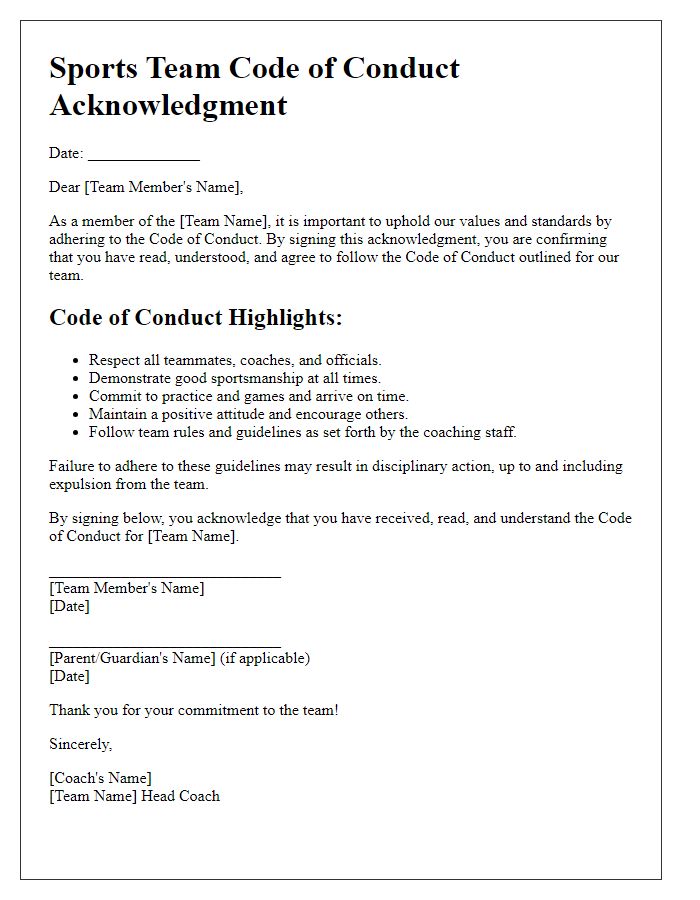
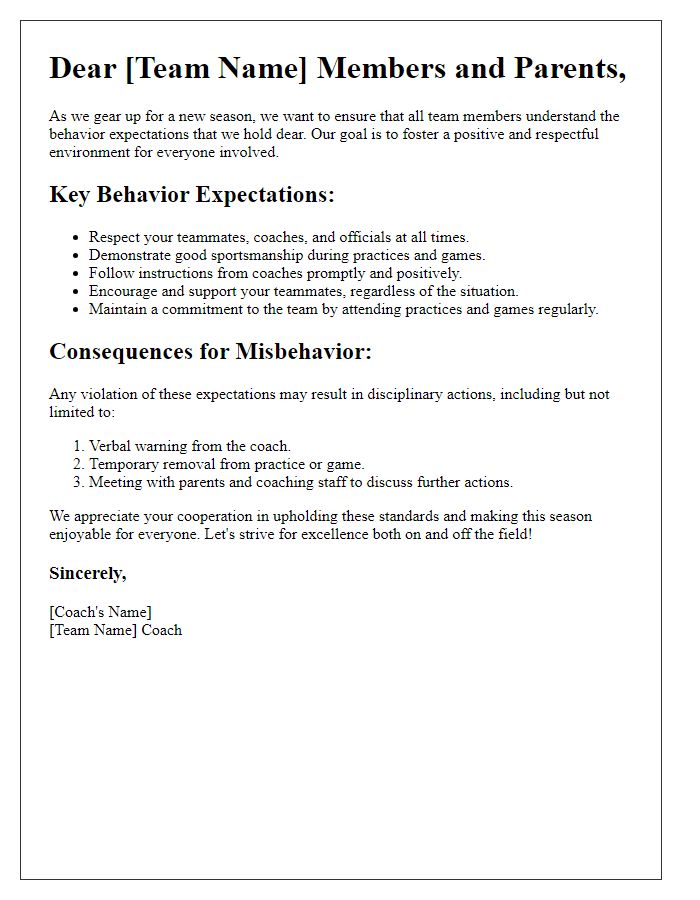
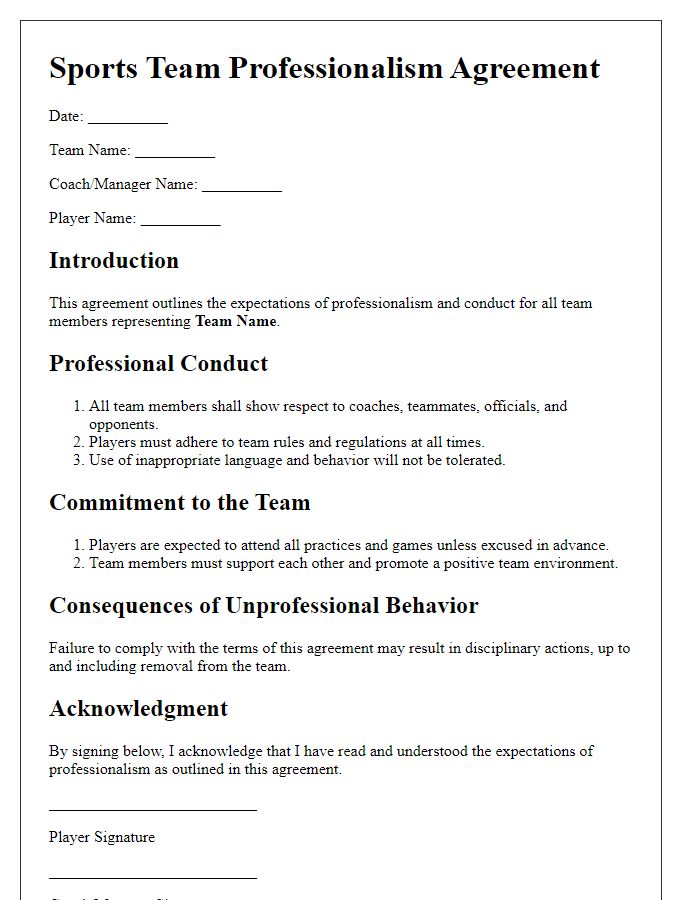
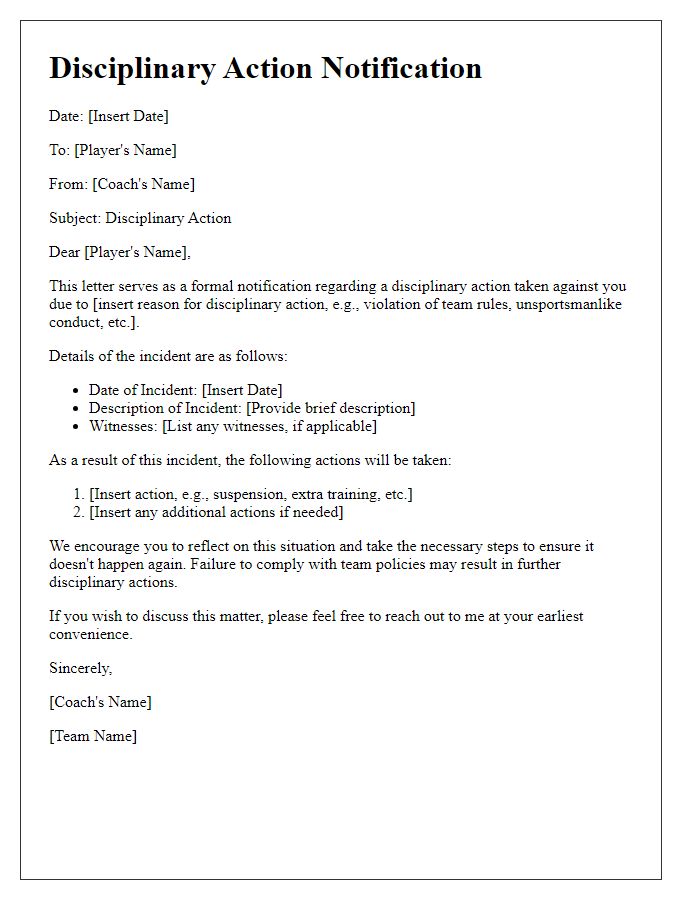
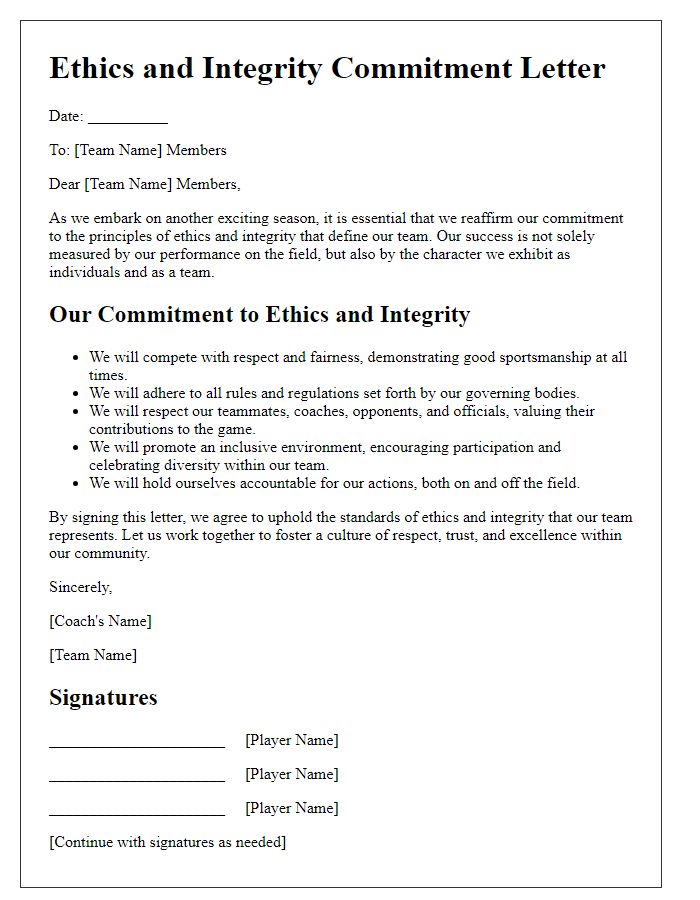
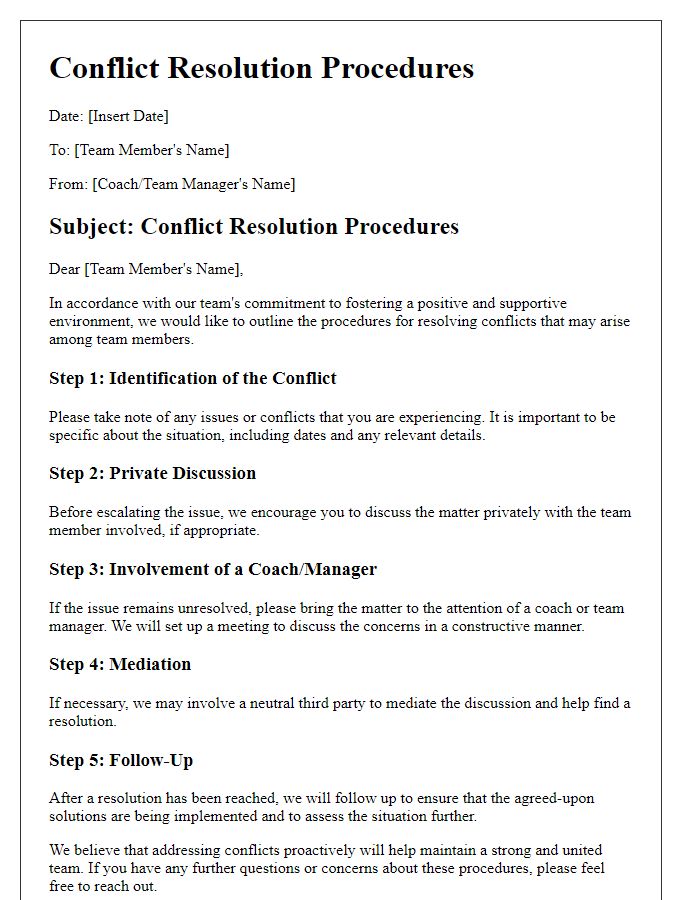
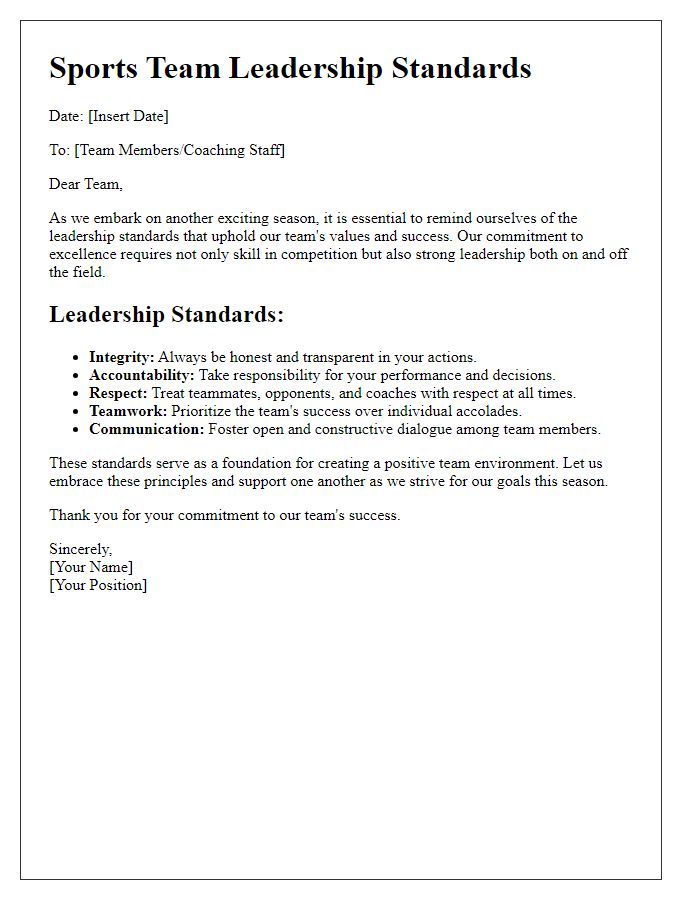
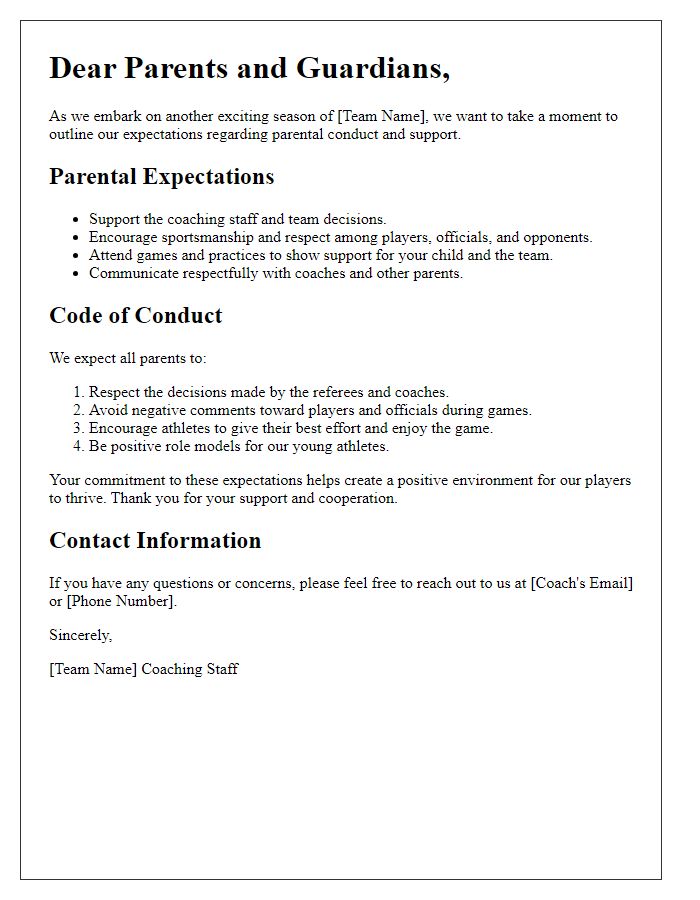
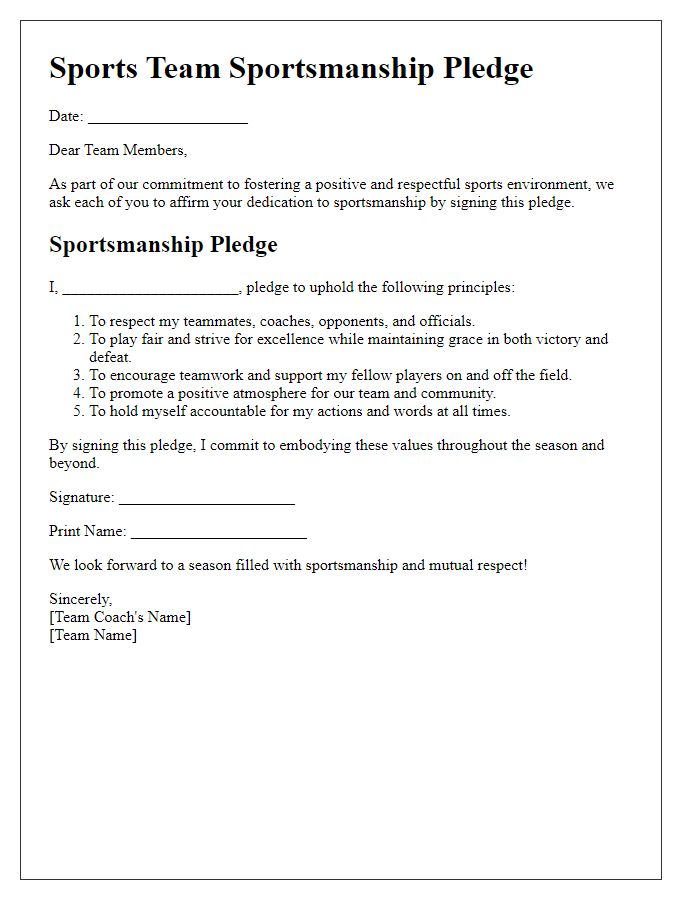
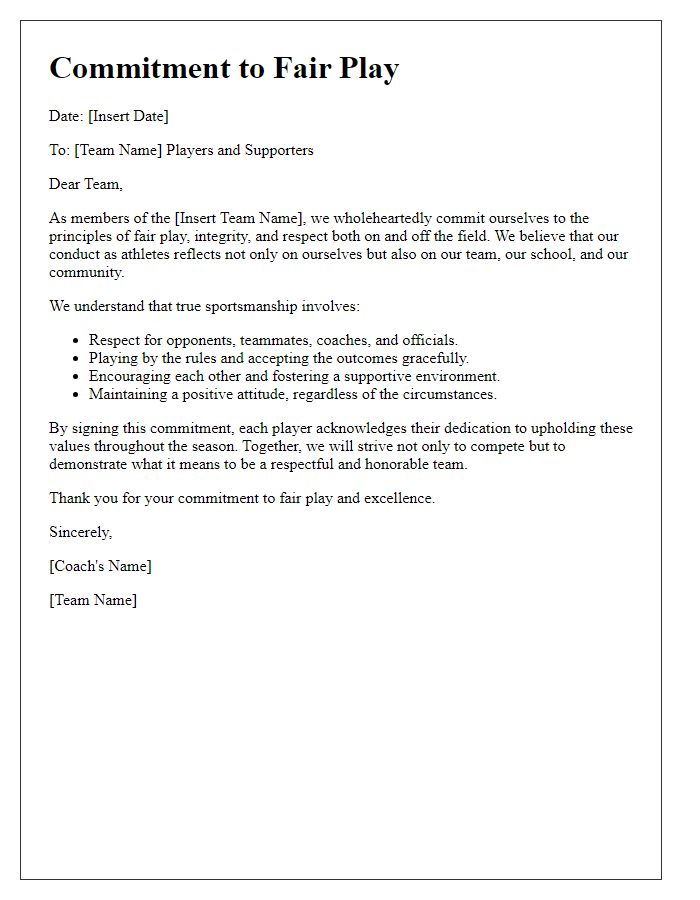


Comments